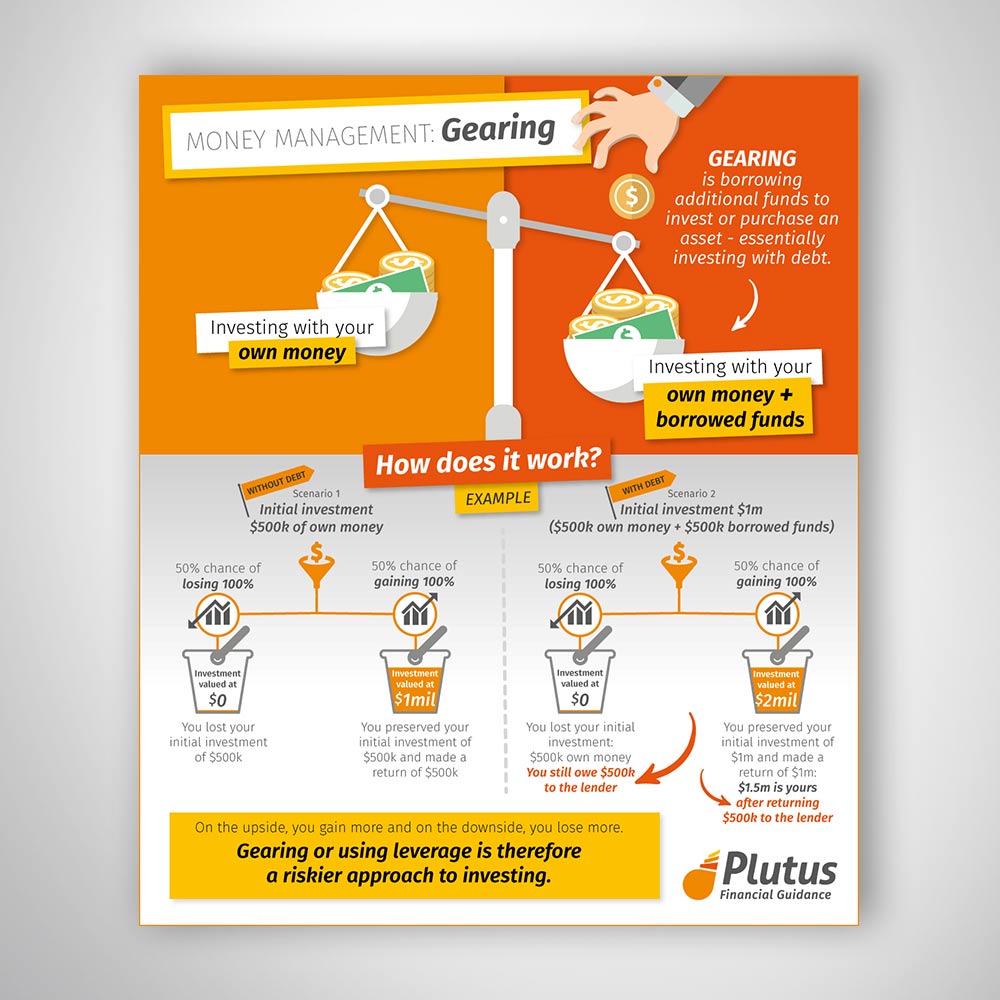Exploring The Difference In Between Repayment Bonds And Efficiency Bonds
Exploring The Difference In Between Repayment Bonds And Efficiency Bonds
Blog Article
Article Author-Friis Denton
When it concerns payment bonds and efficiency bonds in Construction tasks, comprehending the nuances between the two is critical for all involved events. Repayment bonds make sure that everyone gets paid, while efficiency bonds focus on project conclusion. However what occurs when payment and performance bond definition develop, and just how do these bonds influence the total success of a project? Let's unwind the intricacies of repayment bonds versus efficiency bonds to shed light on their distinct functions in Construction ventures.
Importance of Payment Bonds
Understanding why repayment bonds are crucial in Construction tasks can help you browse prospective monetary dangers efficiently. Repayment bonds offer a safety net for subcontractors and suppliers, guaranteeing they get payment for the work and materials they supply on a project.
As a subcontractor or distributor, having a repayment bond in position provides you protection and comfort recognizing that you'll be compensated for your contributions to the project. Without payment bonds, you could encounter hold-ups in obtaining payment and even non-payment, which could have a significant influence on your business's economic stability.
Trick Differences in Requirements
To understand the subtleties of repayment and performance bonds totally, it is very important to identify the unique requirements that differentiate them in Construction jobs. Settlement bonds mostly concentrate on making sure that subcontractors, suppliers, and workers are paid for the work they've completed on a job. These bonds supply a warranty that the service provider will certainly fulfill their financial responsibilities to these celebrations. On the other hand, performance bonds are developed to secure the project owner by making sure that the service provider finishes the project according to the regards to the agreement. This bond functions as a protect against any type of potential disturbances or failings by the specialist.
Payment bonds typically call for the service provider to submit normal settlement applications and preserve accurate repayment documents to guarantee that all celebrations involved are made up fairly. On the other hand, efficiency bonds demand the service provider to abide by the job timeline, high quality standards, and specifications laid out in the contract. Comprehending these particular demands is vital for specialists and project owners to navigate the complexities of Construction jobs properly.
Impact on Construction Jobs
Payment and performance bonds play an essential function in influencing the success and development of Construction projects. Settlement bonds ensure subcontractors and providers are paid for their job, while efficiency bonds ensure the project is completed according to the agreement. Right here's how these bonds influence Construction tasks:
1. ** Threat Mitigation **: By needing repayment and efficiency bonds, task owners reduce the threat of financial loss as a result of service provider default. Continue Reading motivates specialists to meet their responsibilities, hence promoting task conclusion.
2. ** Improved Reliability **: Having these bonds in position boosts the credibility of the job in the eyes of stakeholders. It signifies that the specialist is financially stable and capable of finishing the work as agreed.
3. ** Smooth Task Flow **: With repayment and performance bonds basically, disputes over repayments are minimized, job timelines are most likely to be met, and the total project circulation is smoother, leading to effective project outcomes.
Conclusion
You now recognize the essential roles settlement bonds and efficiency bonds play in Construction projects.
Like a strong foundation sustains a structure, settlement bonds ensure subcontractors and providers are economically secure, while efficiency bonds secure project proprietors from interruptions.
By understanding these distinctions, you can browse the Construction process with confidence and ensure successful project outcomes.
